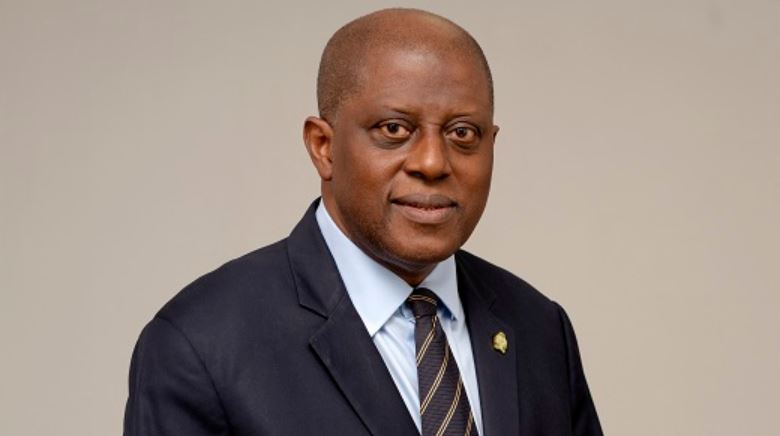Paragraph 1: IMF Commends Nigeria’s Monetary Reforms and Banking Sector Strengthening
The International Monetary Fund (IMF), following its Article IV Consultation on Nigeria, expressed strong support for the Central Bank of Nigeria’s (CBN) recent monetary reforms and efforts to strengthen the banking sector. The IMF praised the CBN’s introduction of the “willing-buyer, willing-seller” foreign exchange framework, facilitated by the B-Match digital trading platform, which has significantly reduced the forex premium and improved dollar liquidity. This reform, coupled with the ongoing bank recapitalization efforts, has restored investor confidence, leading to increased foreign inflows and a substantial rise in external reserves. The IMF acknowledged the positive impact on price discovery and overall market stability, marking a turning point in Nigeria’s economic recovery.
Paragraph 2: Fiscal Concerns and Budgetary Adjustments in Light of Falling Oil Prices
Despite commending the monetary reforms, the IMF cautioned Nigeria about its fiscal outlook, particularly in light of declining oil prices. Expressing concern over potential fiscal deficit overruns, the IMF urged fiscal authorities to revise the 2025 budget to reflect the current economic realities of lower oil revenues and production levels. The Fund recommended focusing on recurrent expenditure adjustments to protect growth-enhancing investments, while also emphasizing the importance of realizing projected fuel subsidy savings to maintain a neutral fiscal stance. The IMF highlighted the urgency of these adjustments to ensure macroeconomic stability and fiscal sustainability.
Paragraph 3: Monetary Policy Stance, Central Bank Governance, and Foreign Exchange Management
The IMF endorsed the CBN’s tight monetary policy stance to combat inflation, urging its continuation until disinflation is firmly established. The Fund welcomed the cessation of deficit monetization and commended ongoing efforts to strengthen central bank governance, viewing these as crucial steps toward effective inflation targeting. Furthermore, the IMF recommended implementing a robust foreign exchange intervention framework to manage volatility while acknowledging the exchange rate’s role as a shock absorber. The gradual phasing out of existing capital flow management measures was also advised, emphasizing the need for proper timing and sequencing.
Paragraph 4: Fiscal Reforms, Tax Legislation, and Social Support Measures
On the fiscal front, the IMF lauded the passage of key tax reform bills, signifying a vital step towards improving revenue generation, creating fiscal space for development, and ensuring debt sustainability. These reforms are expected to play a critical role in strengthening Nigeria’s fiscal position and supporting long-term economic growth. The IMF also emphasized the importance of prioritising growth-promoting investments and expediting cash transfer programs to provide support for vulnerable populations. The Fund’s recommendations highlight a balanced approach to fiscal management, combining revenue enhancement with targeted social support.
Paragraph 5: Addressing Structural Challenges and Promoting Inclusive Growth
Beyond monetary and fiscal policies, the IMF acknowledged the persistent challenges facing the Nigerian economy, including security concerns, bureaucratic hurdles, low agricultural productivity, and infrastructure gaps. The Fund emphasized the importance of addressing these structural issues to foster sustainable and inclusive growth. It recommended focusing on boosting electricity supply, improving health and education spending, and enhancing the economy’s resilience to climate change. These recommendations highlight the need for a comprehensive approach to economic development that goes beyond macroeconomic stability and addresses underlying structural weaknesses.
Paragraph 6: Positive Outlook, Continued Reforms, and the Path to a $1 Trillion Economy
Despite the challenges, the IMF projected positive real GDP growth for Nigeria in 2025, driven by factors such as the new domestic refinery, increased oil production, and a robust services sector. The Fund expressed optimism about medium-term growth prospects, expecting it to remain around 3.5%, supported by ongoing domestic reforms. The CBN’s efforts to diversify foreign exchange sources, attract diaspora remittances, and enhance investor confidence were viewed as crucial for achieving long-term economic stability and resilience. The combination of monetary and fiscal reforms, along with addressed structural issues, is expected to pave the way for Nigeria to achieve its ambitious goal of a $1 trillion economy in the coming years.














